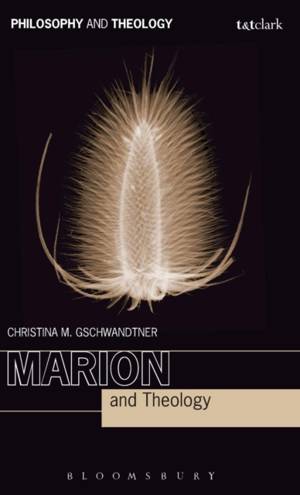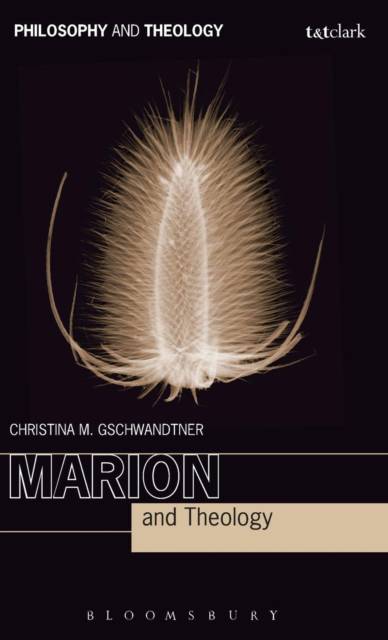
- Afhalen na 1 uur in een winkel met voorraad
- Gratis thuislevering in België vanaf € 30
- Ruim aanbod met 7 miljoen producten
- Afhalen na 1 uur in een winkel met voorraad
- Gratis thuislevering in België vanaf € 30
- Ruim aanbod met 7 miljoen producten
Omschrijving
Jean-Luc Marion's early work on Descartes and his more recent writings in phenomenology have not only elicited huge interest in France and the US, but also created huge potential in the field of theology. This book is organised around central questions about the divine raised by Marion's work: how to speak of God, how to approach God, how to experience God, how to receive God, how to believe in God, how to worship God. Within that context it deals with the important aspects of his philosophical work: the inspiration of his writings in what he calls Descartes' "white theology" and its late medieval context as well as the apophatic theology associated with Dionysius the Areopagite; his important claims about idolatrous and iconic ways of speaking of the divine; his notion of the saturated phenomenon or a phenomenology of revelation and givenness, and his extensive writings on love.
Christina M. Gschwandtner also considers Marion's explicitly theological writings and establishes their relationship to his larger phenomenological oeuvre. Overall, it approaches Marion's work not only as a philosophy of religion, but with specifically theological questions in mind. It hence shows how Marion's extensive historical and phenomenological work can be profitable and inspiring for theology today, for both systematic questions and for concerns of spirituality, in a way that holds the theoretical and the practical together.Specificaties
Betrokkenen
- Auteur(s):
- Uitgeverij:
Inhoud
- Aantal bladzijden:
- 176
- Taal:
- Engels
- Reeks:
Eigenschappen
- Productcode (EAN):
- 9780567660220
- Verschijningsdatum:
- 28/07/2016
- Uitvoering:
- Hardcover
- Formaat:
- Genaaid
- Afmetingen:
- 140 mm x 216 mm
- Gewicht:
- 344 g

Alleen bij Standaard Boekhandel
Beoordelingen
We publiceren alleen reviews die voldoen aan de voorwaarden voor reviews. Bekijk onze voorwaarden voor reviews.







